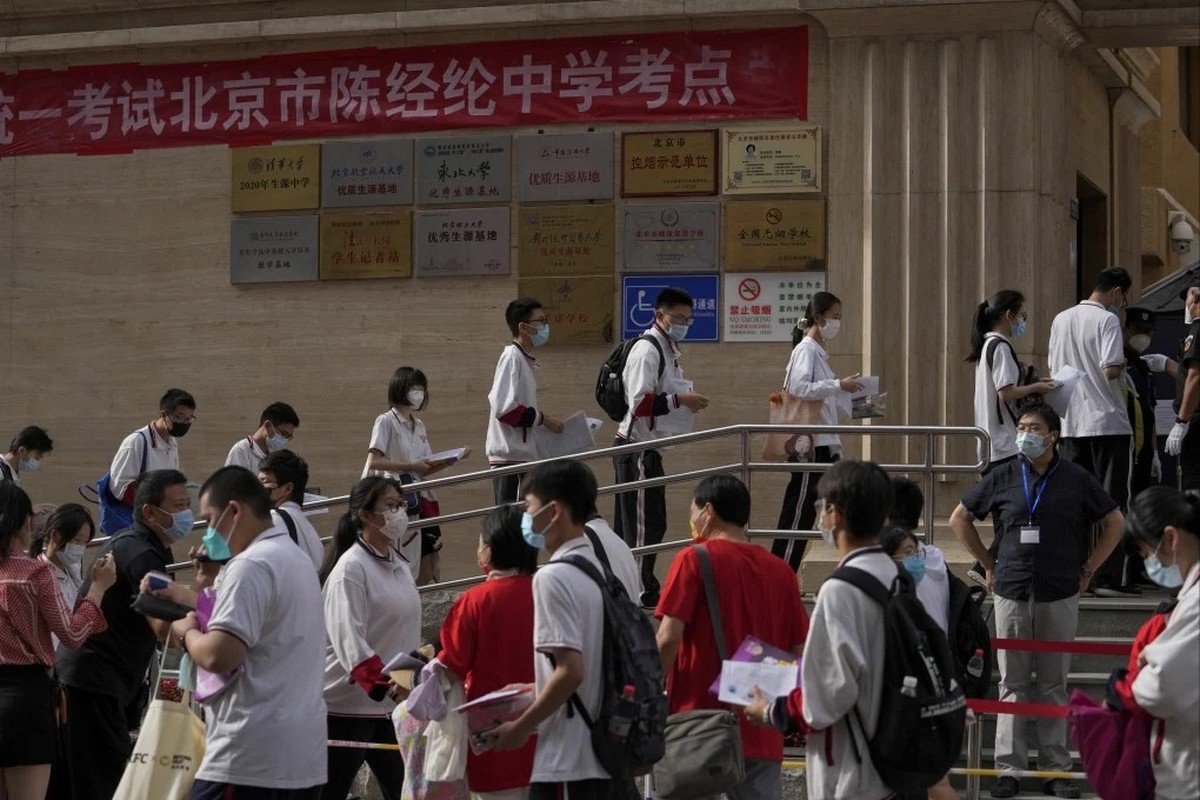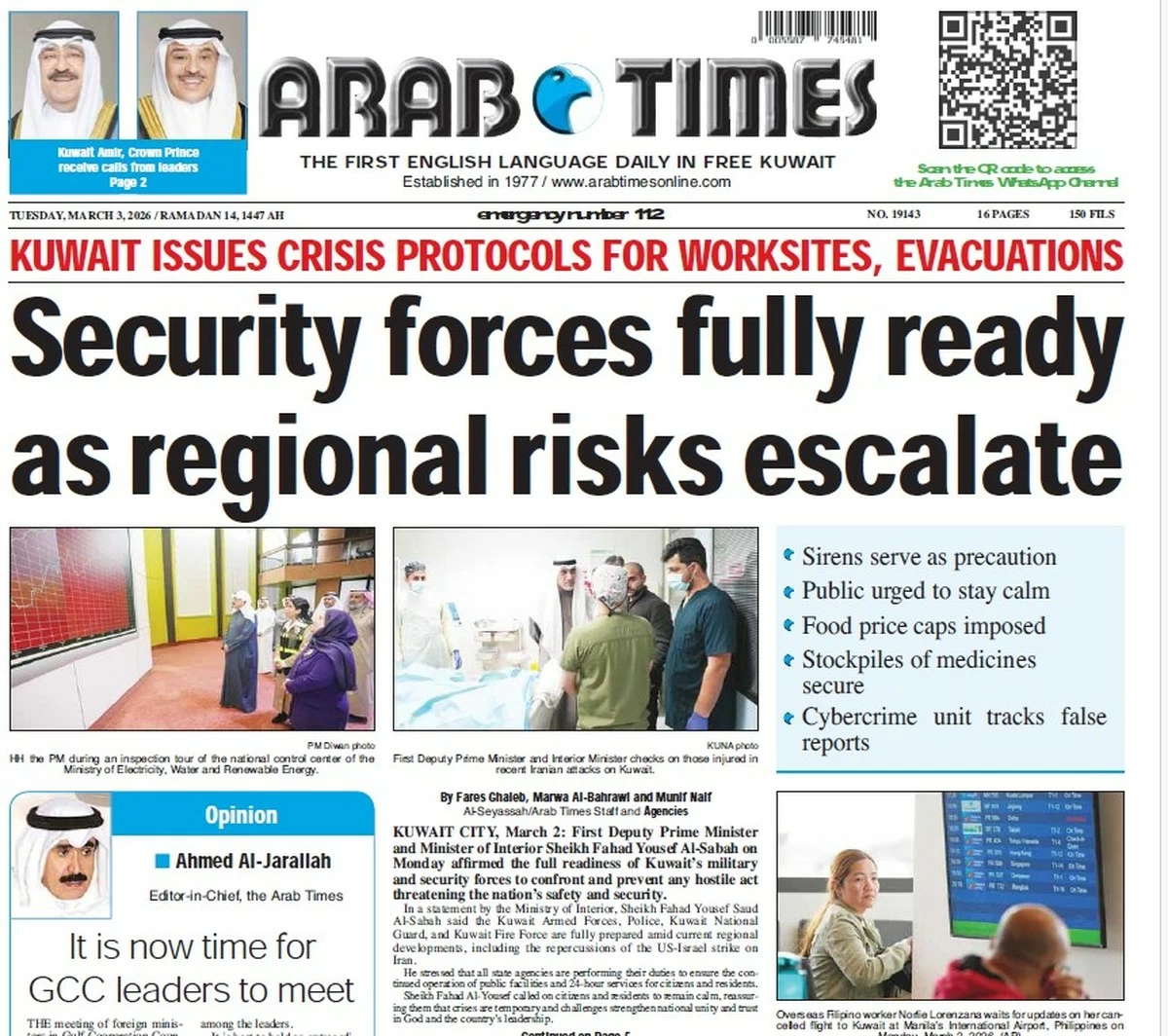09/06/2025
09/06/2025

BEIJING, June 9: Major Chinese technology companies have reportedly disabled certain AI functions to curb cheating during the country’s critical university entrance exams, known as the gaokao.
More than 13.3 million students began the intense, four-day gaokao on Saturday, a highly competitive exam that largely determines university admissions across China.
This year, students seeking help from advanced AI tools have found their access restricted. Screenshots circulating online show users attempting to use AI apps to answer exam questions, only to receive messages stating that question-answering services are suspended during the gaokao period.
One example involved Doubao, an AI service owned by ByteDance, which replied: “During the college entrance examination, according to relevant requirements, the question answering service will be suspended.” Attempts to bypass this restriction were unsuccessful.
Other AI tools, including DeepSeek — a newcomer to China’s AI market — also announced service unavailability during exam hours “to ensure fairness in the college entrance examination.” Similarly, tech giants Tencent (Yuanbao), Alibaba (Qwen), and Moonshot (Kimi) have disabled picture recognition functions throughout the exam.
While these suspensions have not been officially confirmed by the companies involved, many students have publicly expressed frustration on social media platforms like Weibo. One user quipped, “College entrance exam candidates, you are all [expletive]. I can’t use DeepSeek to upload pictures, I have to download ChatGPT again. I hope you all go to community college.”
Beyond AI shutdowns, authorities are deploying additional measures to prevent cheating during the gaokao. Some regions have introduced AI monitoring systems to detect “abnormal behaviors” such as whispering or repeated glances between students.
In Jiangxi province, exam footage will be reviewed afterward, with any violations punished according to strict regulations, state media reports. Other security enhancements include biometric identification, thorough screening for digital devices, radio signal blockers, and stricter entry checks at exam sites.
The gaokao’s importance is further underscored by societal efforts to minimize disruptions: several cities have postponed public events, delayed office start times, and created priority traffic lanes to ensure students reach exam centers on time.
The gaokao remains a pivotal moment in Chinese education, and this year’s tech restrictions highlight the evolving challenges of maintaining fairness in an age of rapidly advancing artificial intelligence.


